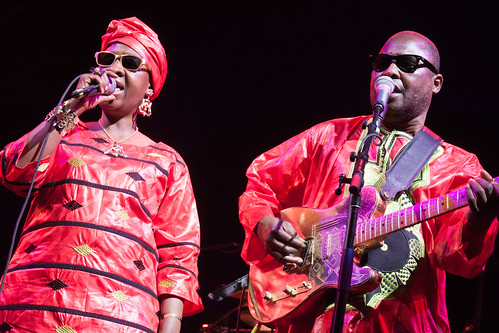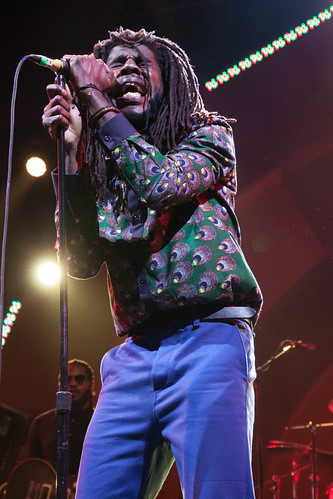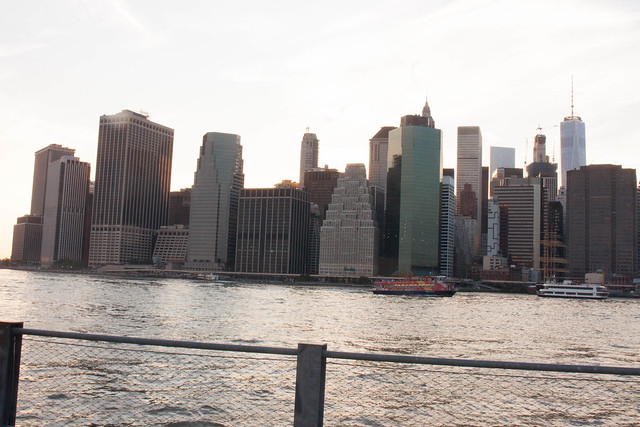Alissia is an up-and-coming bassist, singer/songwriter, producer and beatmaker, who has already collaborated with an impressive and legendary array of artists including Anderson .Paak, Khalid, Mobb Deep’s Havoc and Q-Tip as well production, arrangement and bass playing on the legendary Bootsy Collins’ forthcoming album World Wide Funk, which will feature guest spots from Kali Fuchs, the late and great Bernie Worrell, Big Daddy Kane, Doug E. Fresh, Musiq Soulchild and others. Interestingly, Alissia’s latest single “Get Away” finds the up-and-coming talent boldly stepping out into the forefront as a artist with a effortlessly slick and seductive sound that bridges 70s and 80s funk, boom bap era hip-hop and contemporary electro pop, giving a familiar and beloved sound a fresh, modern take that manages to nod at JOVM mainstay Thundercat and his frequent collaborator Flying Lotus.
Directed by Bo Mirosseni, the recently released video features the up-and-coming talent confidently strolling through some of NYC’s grittiest neighborhoods, composing beats wherever the inspiration hits her, and hanging out at what I presume is her NYC area studio The Spaceship.



